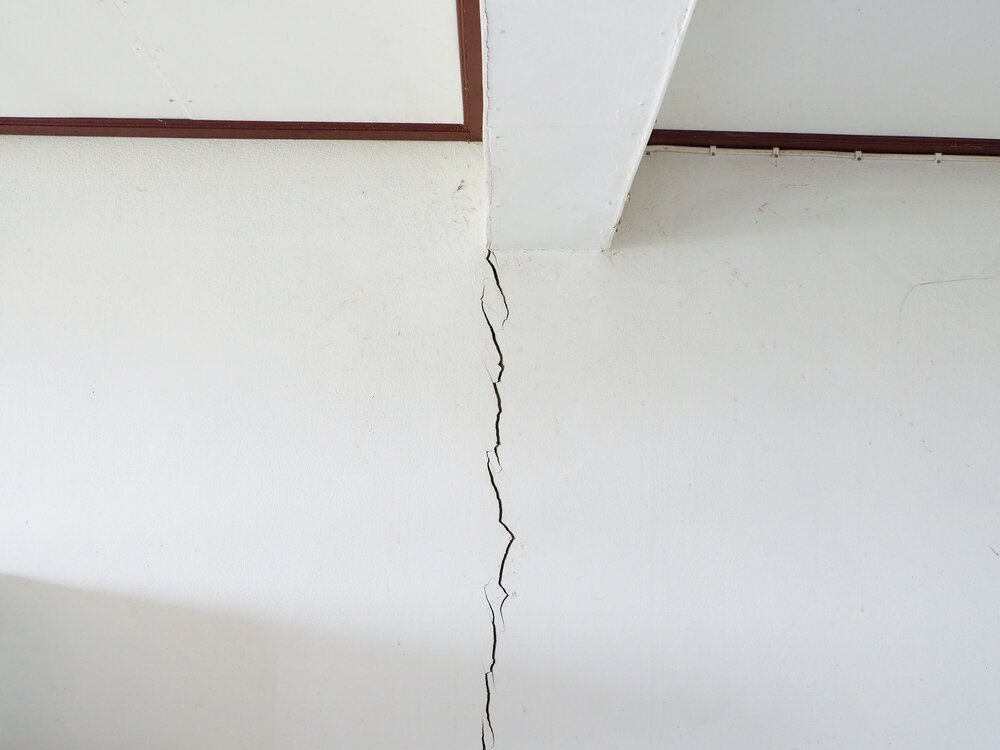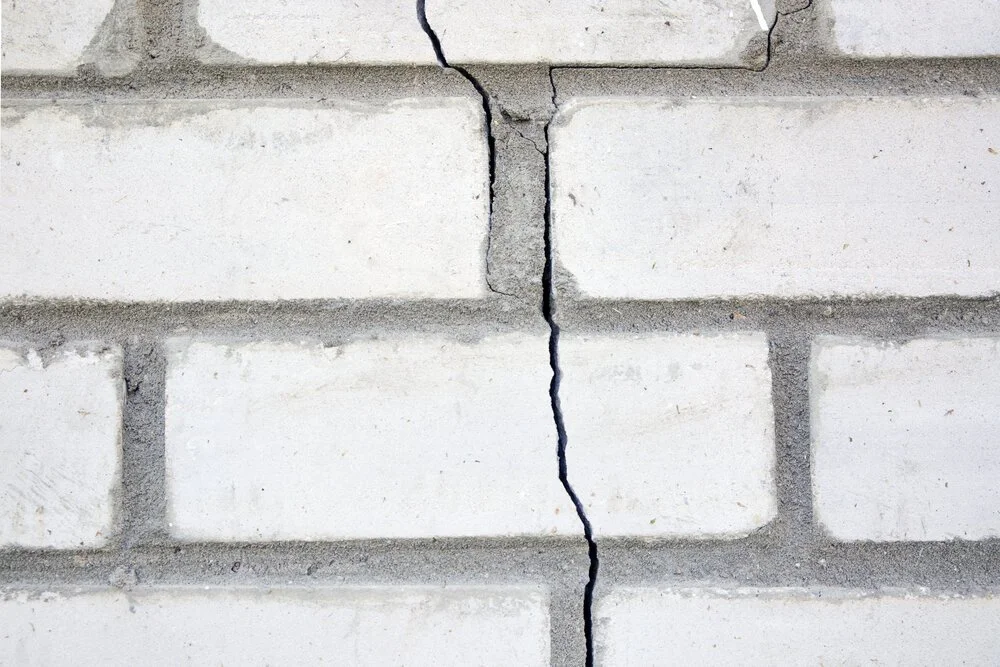How Do You Define Structural and Non-structural Cracks at Home?
In the house, there are different kinds of structural cracks. But all these cracks, what do they mean? For example, which structural breaks are serious, and which types of cracks should we worry less about? A residential structural engineer can help homeowners with foundation repairs, and landlords can also find the answers to these complex questions (at times). To begin with, in a home there are four types of cracks: deck crack, wall crack, and basement crack. What kind of crack are you interested in? Let's explore the specific types of cracks in your foundation to understand the challenges you face.
Ceiling Cracks
Cracks in the ceilings are pretty common and can be caused over time by unsettled humidity and general deterioration. But even ceiling cracks can sometimes be due to problems with foundations. You will most likely need a professional to measure your home's ceiling cracks.
Wall Crack
Wall cracks are an indication of a moving foundation. In addition, bowing and leaning walls, and heaving and shifting motions are the major causes of wall cracks. These causes can lead to serious issues, so earlier than later it is important to reach a foundation specialist or residential structural engineer.
Crack in Basement
When in your house there is a basement crack, do not assume that it is just a "crack." Actually, it can be a symptom of structural damage, like soil travel under your home. Essentially, cracks repaired from basement keep your home dry and stronger in the end. Especially, once water drains and bowing walls have occurred, this usually means that more severe damage has already occurred.
Foundation Crack
Foundation walls are always under extreme pressure; the wall age also plays an enormous role in the amount of damage. Foundation cracks are perhaps the most complex cracks that can be analyzed to solve these problems. Three kinds of foundational cracks are, for example, present: stair-step, angled, and horizontal.
Different between Cracks
Non-structural cracks are caused by moisture content changes and thermal movements, which are non-structural cracks. It can take place anywhere in the base wall. Certain non-structural crack characteristics include:
Small cracks of 1-2 mm width
Cracks at doors or windows in the corner
Cracks vertical or diagonal
Plaster cracks
Structural cracks are due to bad sites, poor bearing or overload. The common features of structural splits include:
Vertical cracks wider upward or downward
Cracks in stairs
Beam or base plate cracking
Width of cracks of 1/8′′
See us at Ramjack by American Leveling for foundation repair. We cover everything regarding foundation problems.


